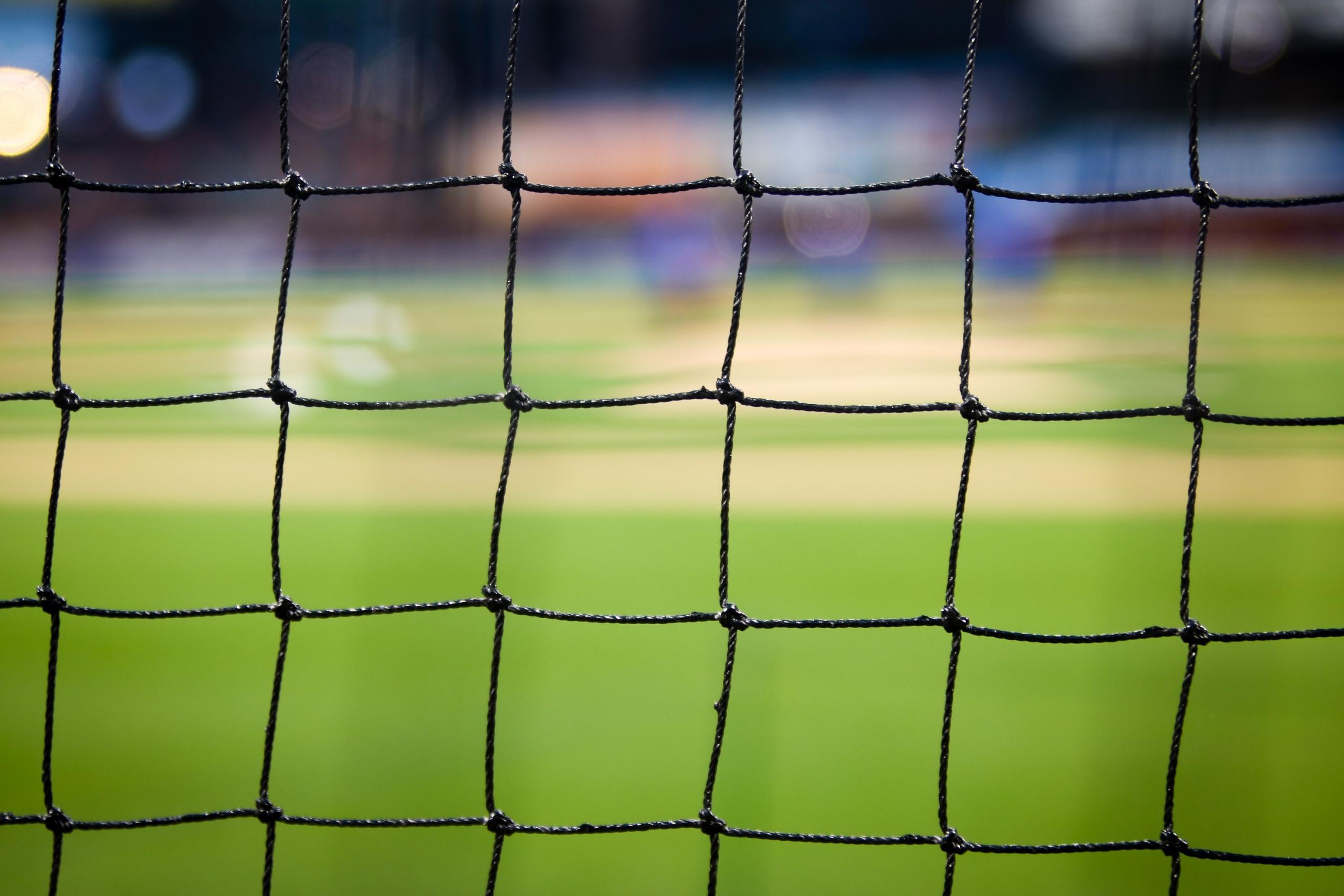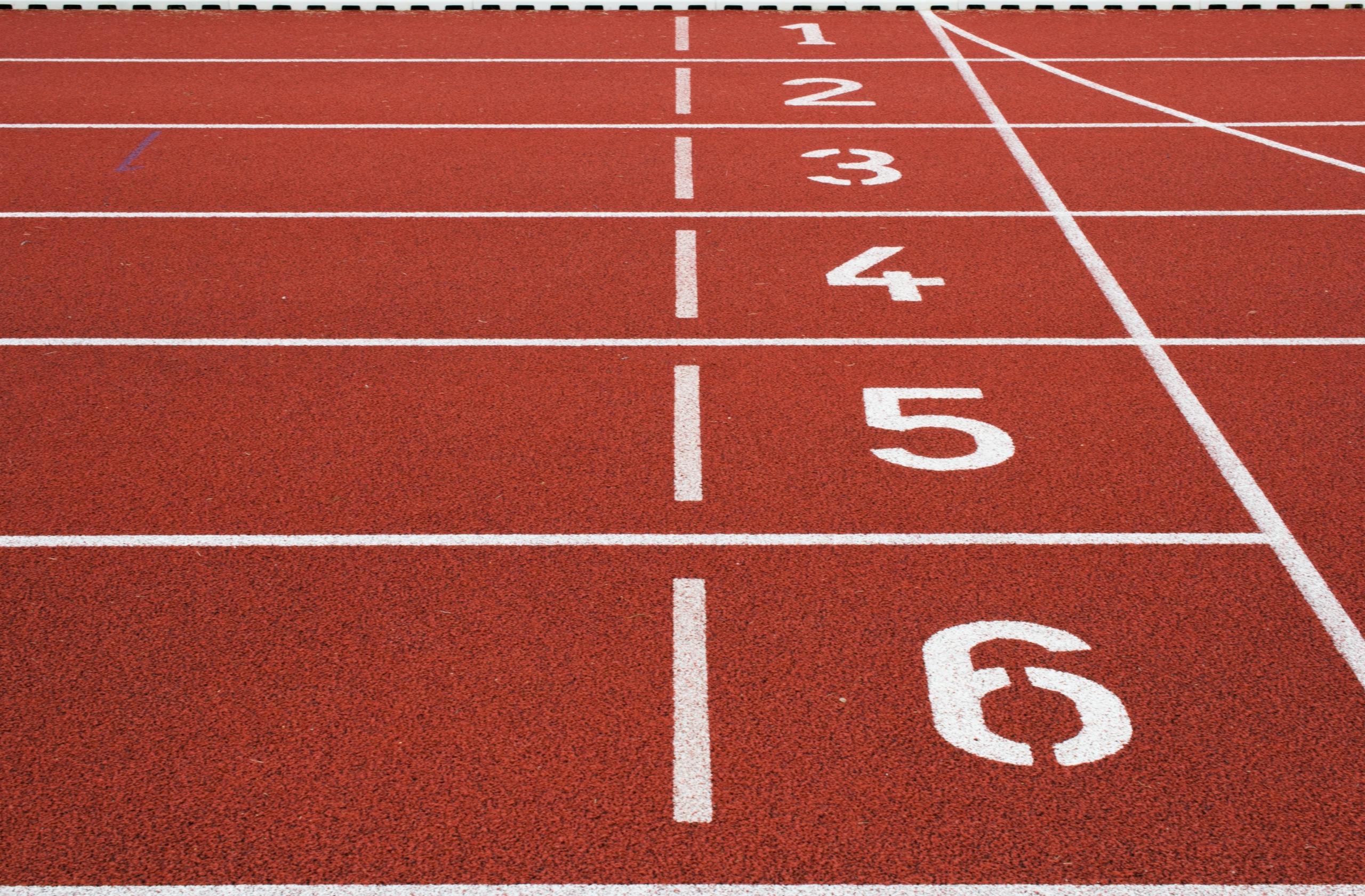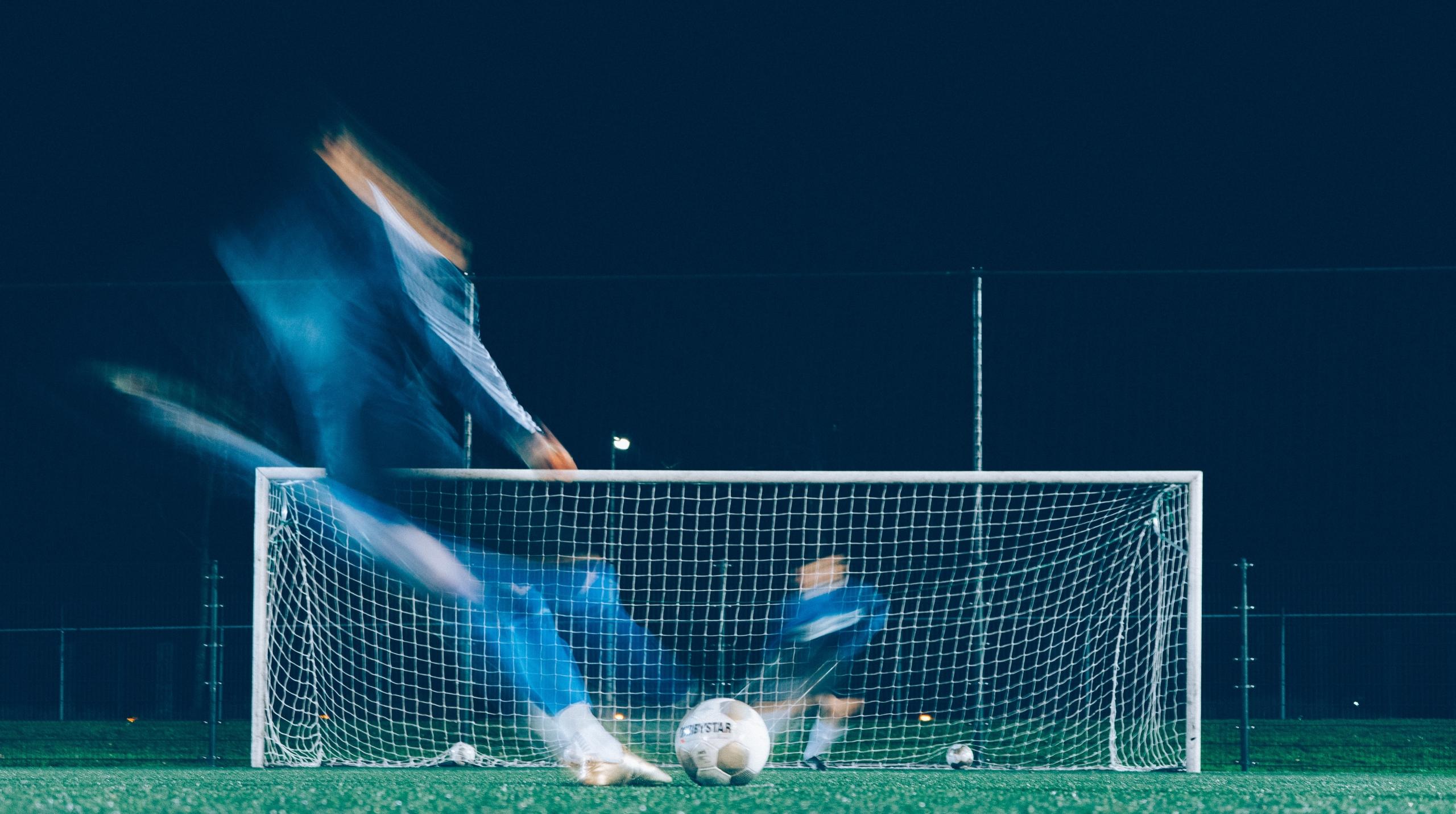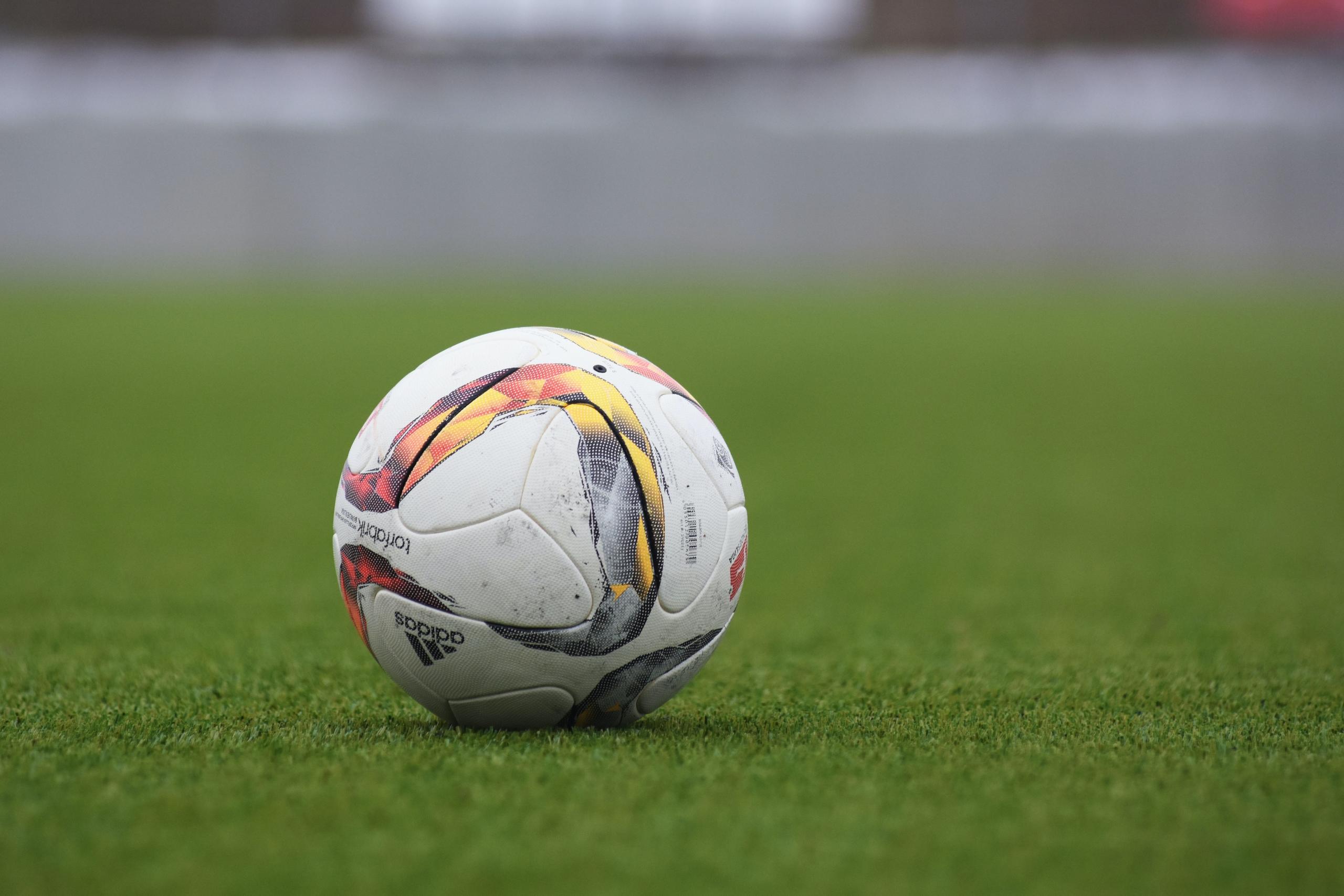Sports psychology is a budding industry across the island of Ireland and is a topic that has worked its way into local GAA, fitness and football clubs alike as athletes look to gain an edge on the competition and mentally prepare themselves for any upcoming tournaments.
For most footballers and athletes more generally at both the professional and amateur level a substantial factor that determines their performance is their mentality. Getting in shape and match fit is only one part of getting ready for a football game, you also need to be mentally prepared to step foot on the pitch and have faith in your ability to perform.
It's certainly no wonder why the biggest names in football spend a sizable portion of their salary each hour on sports psychologists in order to gain an edge on the competition and get in the right place mentally to accomplish their goals.
The mental aspect of football is where sports psychology comes into play. A large part of our discussion in this blog will surround sports psychology and how it may improve your football abilities.
In essence, it is the study of psychological influences on athletes and how athletes might employ psychological concepts to enhance their performance. It is a field that concentrates on the psychological and emotional elements of exercise and sports.
Sports psychologists assist players in acquiring the mental abilities and performance-enhancing techniques they need. Whether you are a professional or amateur-level athlete, there are many benefits to consulting a sports psychologist.
Communication skills and overcoming adversity are taught via participation in sports and both can be accelerated if you were to avail of a sports psychologist.
Regular exercise has amazing positive impacts on both the body and mind but there is so much more that can be unlocked through working with a professional sports psychologist.
There are certainly a select number of Ireland football clubs to strive for if you want to play at the highest level.


How Sports Psychology Can Enhance Football Skills
There is so much more to sports than being able to outrun your opponent, in the case of football you will in many cases need to outsmart them too.
Football is a demanding sport that requires its players to make split-second decisions and take calculated risks. Sports psychology can help football players develop mental skills that will enhance their game.
For example, visualization and imagery techniques can help players prepare for games and improve their confidence.
Things like adapting your touch of the ball to get it on your strong foot in advance of being tracked down by the opposition's defenders are just one of the many things that will need to be somewhat of an instinct when you are on the pitch.
Feeling ‘hot’ or ‘cold’ on the pitch is something that can also play a big role in how a footballer enters a tackle or in their decision of whether or not to take a shot at a goal.
One of the key mental aspects of football is confidence. Football players need to believe in themselves and their abilities to perform at their best. Sports psychology can help players develop confidence through visualization and imagery techniques and positive self-talk.
Another important mental aspect of football is the focus. Sports psychology can help players develop focus through relaxation techniques and mindfulness.
Sports psychology can also help players overcome performance anxiety and pressure. Many football players struggle with anxiety and pressure, especially during big games. Sports psychologists can work with players to develop mental strategies to overcome these challenges and perform at their best.
Basic football skills and coaching are essential if you are going to tog out and play for a team in an official game.
The Role of a Sports Psychologist in Football
Sport psychology aims to enhance athletic performance in more ways than one. Sport psychology has a significant impact on performance and this is certainly the case for football.
Teaching athletes transferrable skills can help them succeed not only as footballers but also in their careers and personal lives. Sports psychology may focus on assisting footballers in handling changes and problems related to retirement or keeping their minds and body in tune.
Due to the strong strain involved with competitive football, athletes are especially susceptible to mental health disorders. Sports psychologists may assist players in coping with some of these problems.
The role of a sports psychologist in football is to help players develop mental skills and strategies to enhance their performance. A sports psychologist can work with individual players or with the entire team. They can help players set goals, develop mental toughness, and overcome performance anxiety and pressure.
A sports psychologist can also help with team dynamics. Team dynamics are important in football because it is a team sport. A sports psychologist can help the team work together more effectively by improving communication, trust, and cohesion.
The role of sports nutrition in football has been on the rise throughout the past few decades and shows no sign of stopping.


Goal-Setting in Football Using Sports Psychology
Goal-setting is an important part of any sport, including football. Goals give players something to work towards and help them stay motivated. Sports psychology can help football players set effective goals.
Effective goals in football should be specific, measurable, achievable, relevant, and time-bound. For example, a player could set a goal to improve their passing accuracy by 10% in the next three months. A sports psychologist can help players set these types of goals and develop strategies to achieve them.
Visualization and imagery techniques are powerful tools that can help football players improve their performance. Visualization involves imagining yourself performing a specific skill or task successfully. Imagery involves using all of your senses to create a mental image of yourself performing a skill or task successfully.
These techniques can help players prepare for games, reduce anxiety, and improve confidence. For example, a quarterback could visualize themselves completing a pass to a receiver in a game-winning situation. A sports psychologist can help players develop effective visualization and imagery techniques.
Performance anxiety and pressure are common challenges that football players face. These challenges can cause players to underperform or even choke during games. Sports psychology can help players overcome these challenges.
One strategy that sports psychologists uses is cognitive restructuring. This involves identifying and changing negative thoughts and beliefs that contribute to anxiety and pressure. For example, a player might have the belief that they always perform poorly in big games. A sports psychologist can help the player challenge and change this belief.
Sports psychology is more important now than it has been perhaps ever before in football.
Developing Mental Toughness in Football
Mental toughness is a key attribute that football players need to succeed. It involves the ability to stay focused, resilient, and confident in the face of challenges and adversity. Sports psychology can help football players develop mental toughness.
One strategy that sports psychologists use is stress inoculation training. This involves exposing players to stressful situations in a controlled environment to help them develop resilience and coping strategies. Another strategy is positive self-talk, which involves using positive affirmations to improve confidence and resilience.
Team dynamics are an important aspect of football. A team that works well together is more likely to be successful. Sports psychology can help improve team dynamics by improving communication, trust, and cohesion.
One strategy that sports psychologists uses is team-building exercises. These exercises can help players get to know each other better and build trust. Another strategy is conflict resolution training, which can help players resolve conflicts in a constructive way.
Womens football in Ireland has increased in popularity since it was first played here on the island.

How to Find a Sports Psychologist for Football
You can ask for referrals from other athletes or coaches. You can also search online for sports psychologists who specialize in football.
Finding a sports psychologist with training and experience working with athletes is crucial when making your decision. Look for a person who has expertise dealing with football players, and a degree in sport and exercise psychology.
By assisting you in creating mental techniques and abilities to improve your performance, sports psychology may help you advance your football abilities.
A sports psychologist may assist you whether you want to increase your focus and confidence or are having trouble with worry and pressure.
You may enhance your performance and accomplish your objectives by being aware of the mental components of football and working with a sports psychologist.
Superprof is a great place to search for experienced football coaches that will be able to get you in shape for your upcoming games. They will also be able to teach you a great deal about how to approach the game mentally.
There are also a number of professional sports psychologists that list their services on the learning platform that will be able to get you in the right place mentally for competition.
Try out the service for yourself and see how much of an impact it can have on your football and attitude towards competitive sports more generally.
Summarise with AI:















